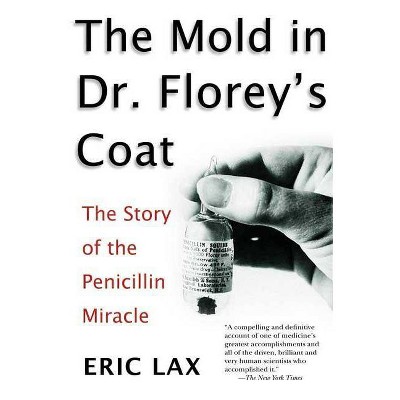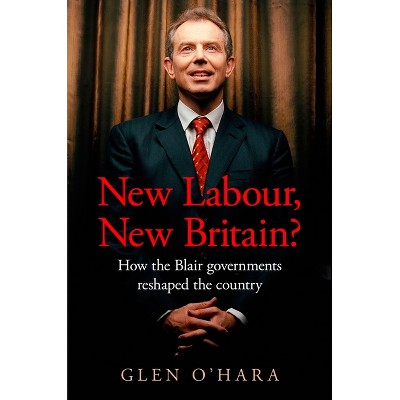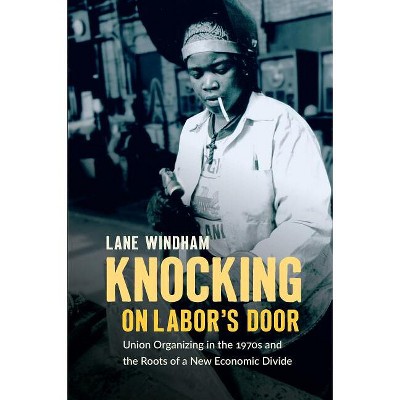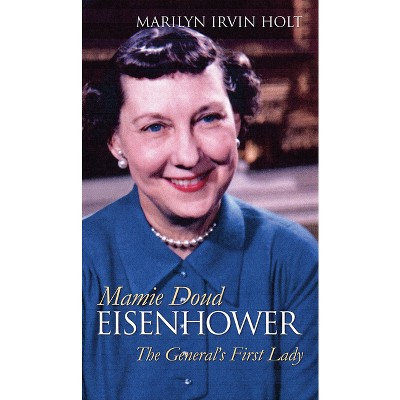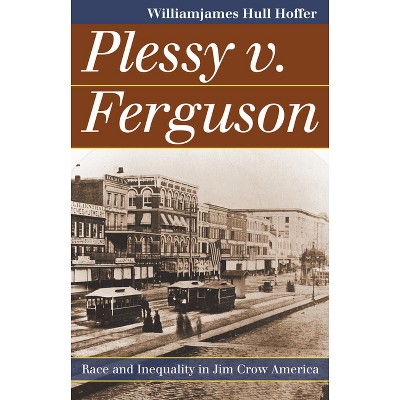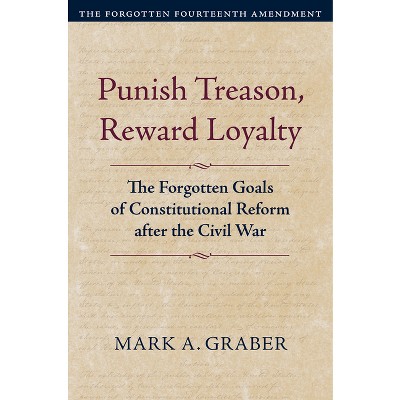Sponsored

Health Divided - by Daniel Sledge (Paperback)
In Stock
Sponsored
About this item
Highlights
- The United States' health care system stands out for its strict division of policies dealing with public health and individual medicine.
- Author(s): Daniel Sledge
- 304 Pages
- Medical, History
Description
About the Book
This book offers a reinterpretation of the making of modern American health policy. It explains why American health policy became divided into separate realms of public health and individual medicine and how this division shapes the contemporary landscape.Book Synopsis
The United States' health care system stands out for its strict division of policies dealing with public health and individual medicine. Seeking to explain how this division came to be, what alternative paths might have been taken, and how this shapes the contemporary landscape, Daniel Sledge offers nothing less than a reinterpretation of the making of modern American health policy in Health Divided. Where previous scholars have focused on failed attempts to adopt national health insurance, Sledge demonstrates that the development of health policy cannot be properly understood without considering the connections between public health policy and policies dealing with individual medicine. His work shows how the distinct politics of the formative years of health policy--and the presence of debilitating diseases in the American South--led to outcomes that have fundamentally shaped modern policies and disputes. Until the end of the nineteenth century, health care in the United States was seen as a local issue, with the sole exception being the government's role in providing care to seamen and immigrants. Then, as Health Divided reveals, the health problems that plagued the American South in the early twentieth century, from malaria to hookworm and pellagra, along with the political power of the southern Democrats during the New Deal, fueled the emergence of national intervention in public health work. At the same time, divisions among policymakers, as well as the resistance of the American Medical Association, led to federal inaction in the realm of individual medical services--setting the stage for the growth of employer-sponsored health insurance. The vision of those who built the institutions that became the Centers for Disease Control and Prevention was, we see here, far more expansive and innovative than has previously been realized--and it came surprisingly close to succeeding. Exploring the history behind its failure, and tracing the inextricable links between public health and national health policy, this book provides a valuable new perspective on the origins of America's disjointed health care system.Review Quotes
"Health Divided is a wonderfully written book on an important but frequently neglected dimension of U.S. health policy. Equally important, it contributes to the literature on American political development and the broader debate about the nature and strength of the U.s. state."--, Political Science Quarterly
"A great contribution to the literature on American public health institution."--Journal of Southern History
"Well researched and provides an important perspective for insights into current health care issues."--Choice
"The health care system in the United States presents a paradox: an extensive national public health system with a generous and wide array of services and a fragmented conglomeration of programs and tax incentives for individual health care. In his fascinating book, Daniel Sledge traces the historical development of the two systems to explain how this dichotomy came to be. Although much has been written about the origins of the various health insurance programs that cover individual care, far fewer studies have focused on public health. None have asked the compelling question answered here. Thoroughly researched and beautifully written, Health Divided is necessary reading for anyone interested in how the U.S. became a world leader in public health and a laggard in individual health benefits." --Jill Quadagno, author of One Nation, Uninsured: Why the U.S. Has No National Health Insurance
"An incredibly important and long overdue account of the trajectory of modern American health care policy. Daniel Sledge's brilliant book uses a rich archival analysis to tell the story about how public health and individual medicine became intertwined in federal policy. Health Divided is a must read book for anyone that is interested in American political development, public health, or political history."--Megan Ming Francis, author of Civil Rights and the Making of the Modern American State
"What explains American health policy? Daniel Sledge offers a powerful and persuasive answer by tracing the rise of a strange bifurcation--a highly active federal government addresses public health issues like contagious diseases while a timid federal government abdicates responsibility over individual medical care. Health Divided masterfully illuminates the history of bold choices, missed opportunities, interest group politics, and institutional realities that built the American health care regime. Beautifully written, meticulously researched, and highly recommended."--James A Morone, author of The Democratic Wish and The Devils We Know
"Today, Americans see two very different health care debates--one over public health threats like Zika, where the government's role is virtually uncontested; the other over the controversial 2010 federal law that sought to expand health insurance to most Americans. Daniel Sledge's revelatory new book shows why we these debates are so bifurcated, and how it could have been otherwise. Reconstructing the neglected history of U.S. public health, he shows how visionary leaders of the 1930s came surprisingly close to embracing a national program that integrated community health and individual medical access. In doing so, he reminds us how--and how deeply--our choices today are constrained by the legacies of a forgotten past. "--Jacob S. Hacker, Stanley B. Resor Professor of Political Science, Yale University
Shipping details
Return details
Frequently bought together
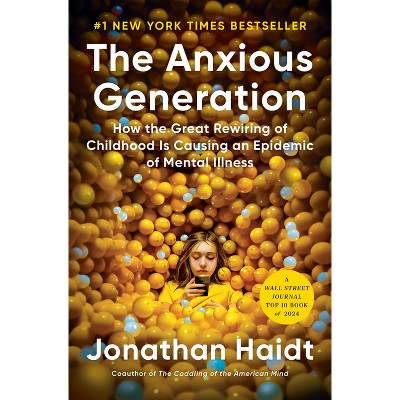
Trending Non-Fiction




